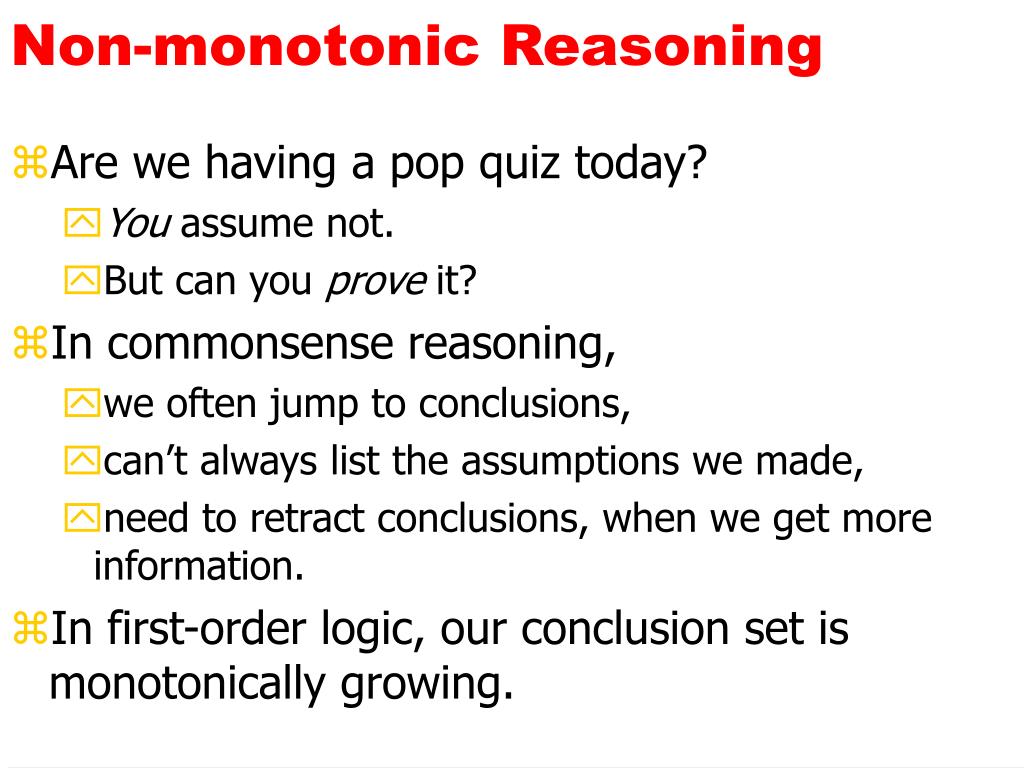[Revised entry by Christian Strasser and G. Aldo Antonelli on November 23, 2024.
Changes to: Main text, Bibliography]
Non-monotonic logic (NML) is a family of formal logics designed to model and better understand defeasible reasoning. Reasoners draw conclusions in a defeasible manner when they retain the right to retract these inferences upon the acquisition of further information. Numerous instances can be found, ranging from inductive generalizations to reasoning based on the best explanation, as well as inferences grounded on expert opinion. Defeasible inferences are prevalent in everyday reasoning, expert reasoning such…
Post Views: 212
Read the full article which is published on Stanford Encyclopedia of Philosophy (external link)








